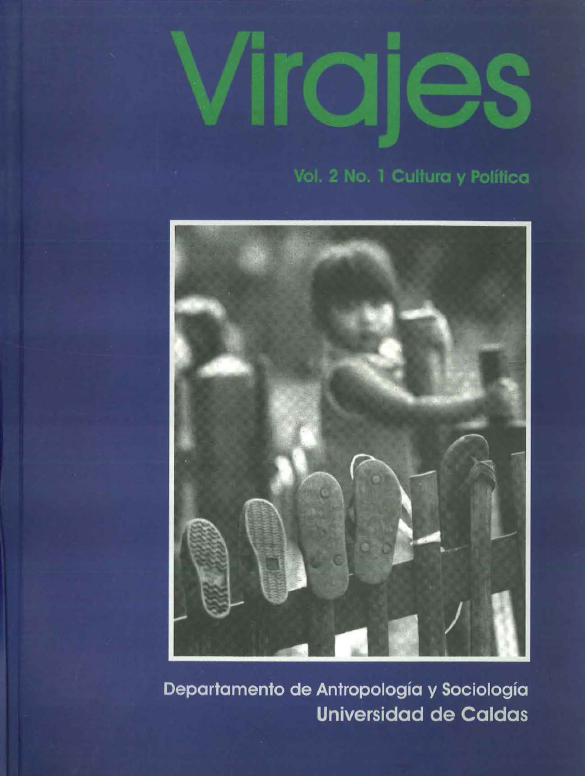Authors
Abstract
What we call our contemporary reality cannot be understood without taking into consideration the extensive imaginary networks of power. These networks explain the new ways to feed and reproduce the legitimacy of the postmodern states, as a complement of traditional mechanisms of democratic representation that has become more indispensable with time. I have been developing this idea for a couple of years, and I have applied it to the European conditions of the sixties: to the Mexican political life of the post—revolutionary years; and, to the governmental reactions of the United States alter the end of the Cold War. These imaginary networks generate constant polarized myths with normality and marginality. identity and otherness, and crystallize in imitations closely linked to the critical dislocation processes typical of postmodern societies.

 PDF (Español)
PDF (Español)
 FLIP
FLIP














